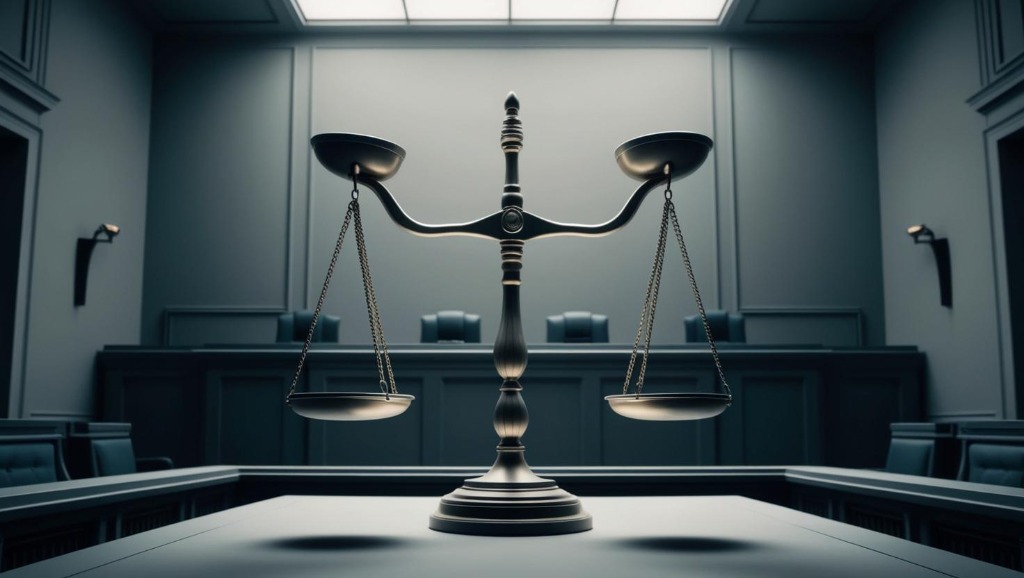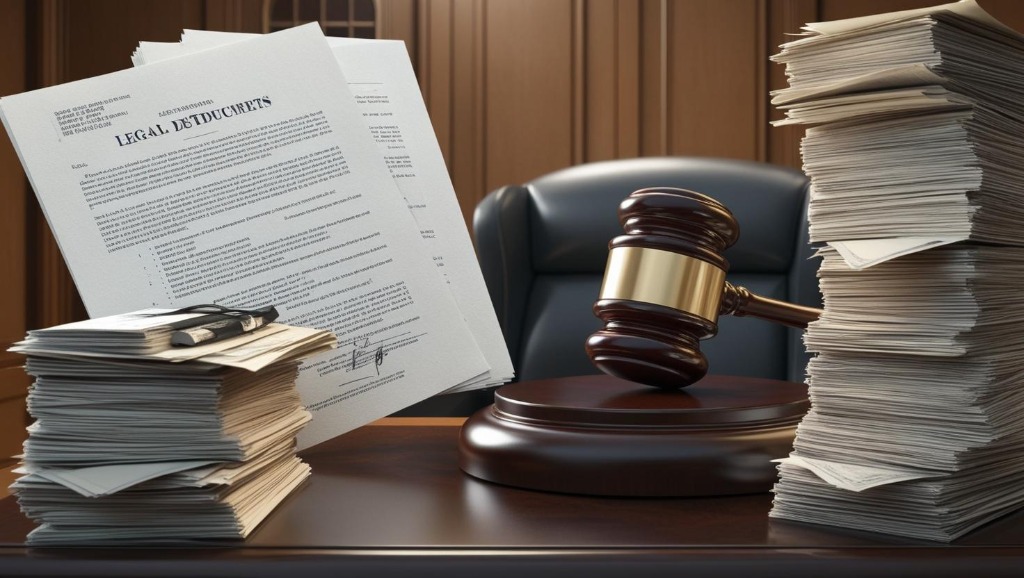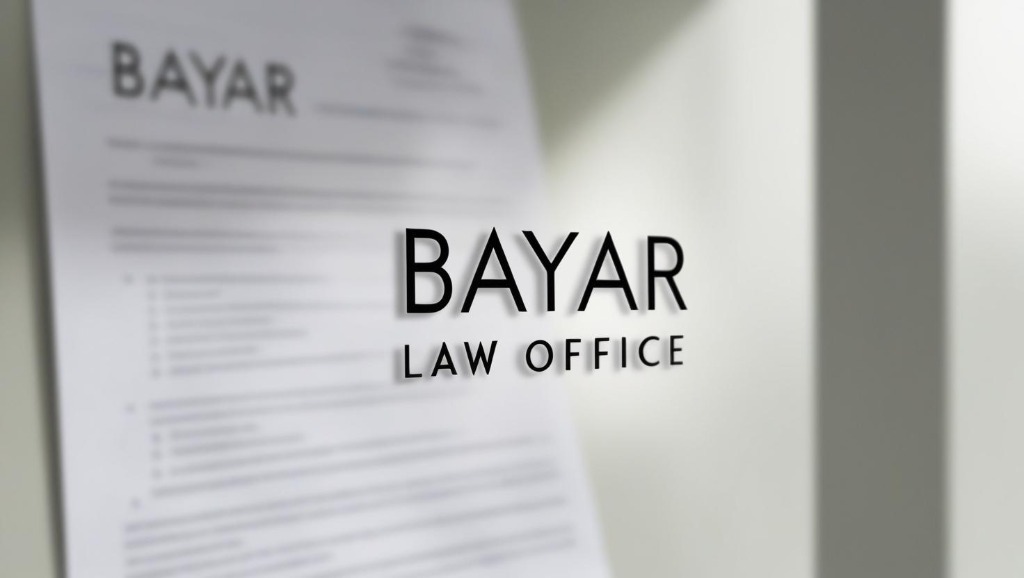What are Judicial Expenses?
In criminal proceedings, judicial expenses include fees, attorney fees, and all expenses incurred by the State Treasury to conduct the trial. These costs cover all expenses made during the investigation and prosecution phases, as well as payments made by the parties involved.
Allocation of Judicial Expenses
The court specifies in its judgment or decision which parties are responsible for the judicial expenses. The amount of expenses and the amount one party must pay to the other are determined by the presiding judge.
State Judicial Expenses and Personal Rights
State-related judicial expenses are enforced according to the Fees Law provisions, while decisions related to personal rights are enforced under the Enforcement and Bankruptcy Law.
Interpreter Expenses
Interpreter expenses for suspects, defendants, victims, or witnesses who do not speak Turkish or have disabilities are not considered judicial expenses and are covered by the State Treasury.
Imposition of Judicial Expenses on the Defendant
A defendant sentenced to punishment or a security measure is responsible for covering all judicial expenses. In cases where the announcement of the verdict is deferred or the sentence is suspended, the judicial expenses are still imposed on the defendant.
Expense Liability in Favorable Outcomes for the Defendant
If the court renders a decision in favor of the defendant and it would be unjust to impose the expenses on the defendant, the court may decide to charge these expenses partially or fully to the State Treasury.
Bayar Law Office's Insights
Attorney Hüseyin BAYAR, founder of Bayar Law Office, provides insights into the obligations and impacts of judicial expenses on the State Treasury in criminal proceedings. Fair distribution of expense liability is crucial to protect individuals' rights in the legal process.
Legal Notice: This article is written by Attorney Hüseyin Bayar and belongs to Bayar Law Office. Unauthorized use or copying is prohibited.






